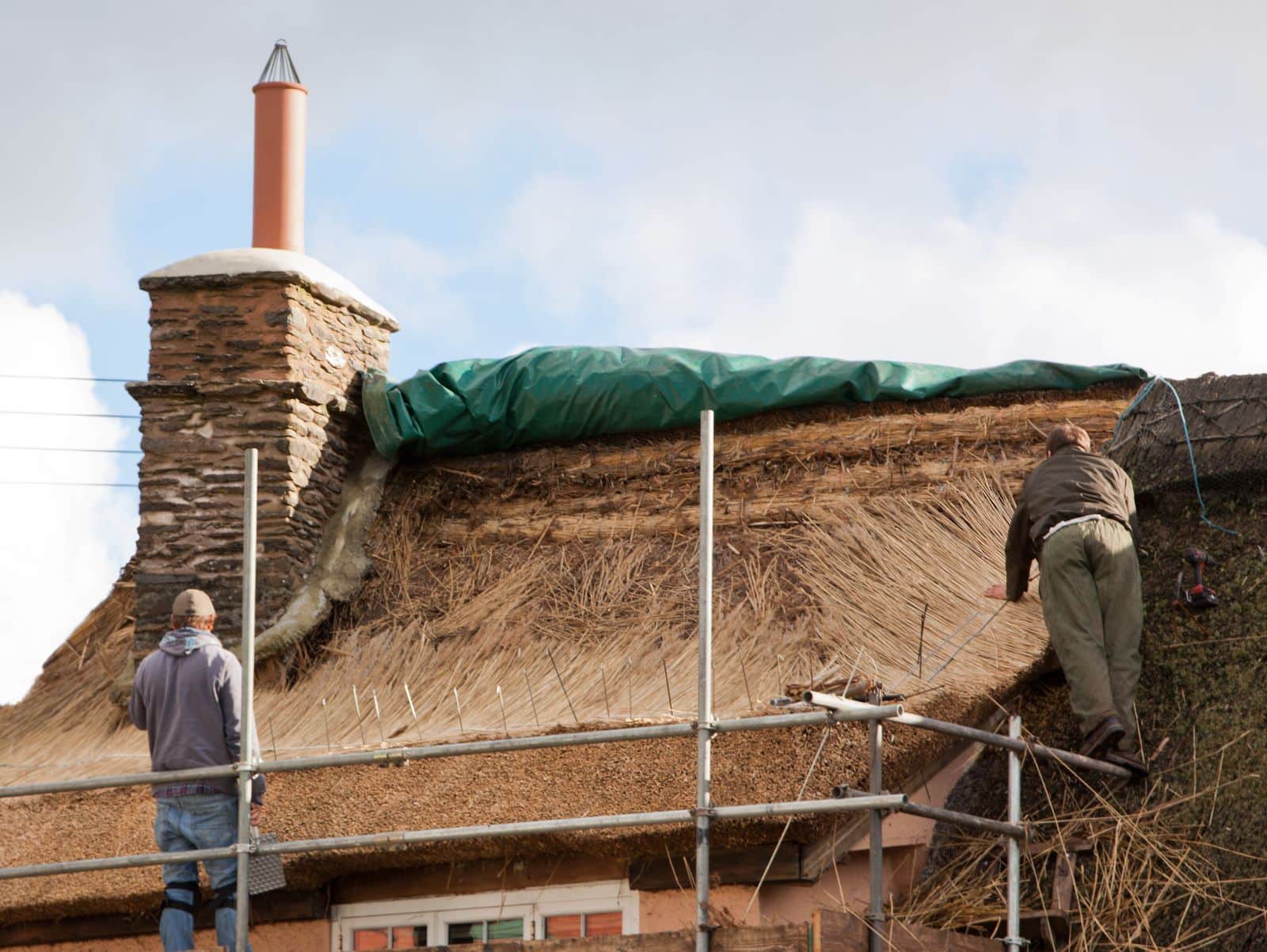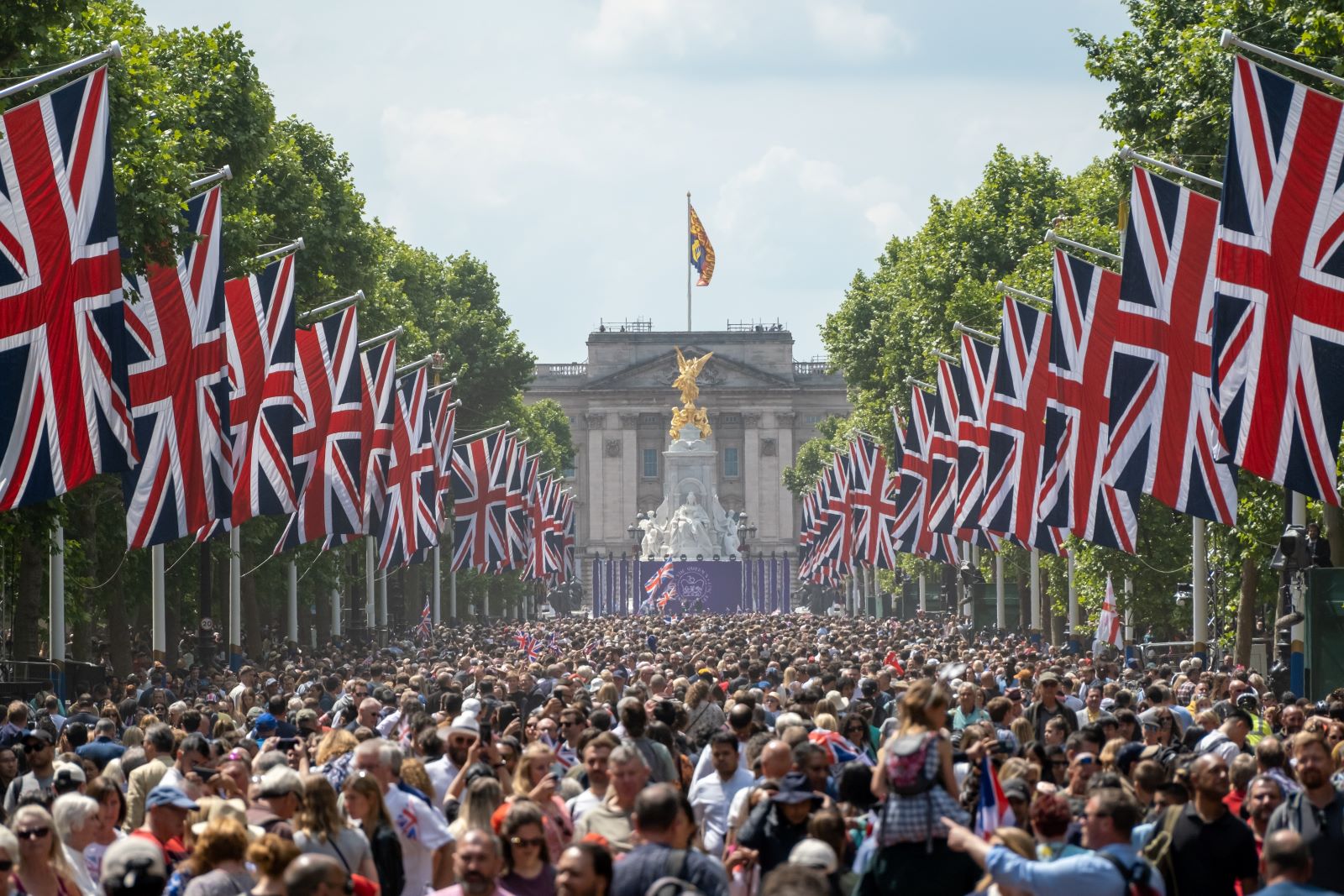As we navigate the changing tides of culture, technology, and globalization, the very essence of British identity seems to be ebbing away. But how much of our national character are we trading away as we assimilate broader global influences? Are we witnessing the erosion of the uniquely British way of life?
1. The Vanishing British High Street

Chains are swallowing up the once-charming local shops that dotted British high streets, leaving behind a bland, uniform shopping experience. Recent findings from the Local Data Company highlight a dramatic shift toward franchised outlets, suggesting a slow death of the diverse marketplace that once defined these community hubs.
2. The American Takeover of British Plates

Traditional British meals are gradually being edged out in favor of global staples like pizza and sushi. A 2024 culinary trends survey indicated that these international dishes are now as commonly consumed as fish and chips across the UK, illustrating a shift in the nation’s palate and culinary practices.
3. BBC’s Global Pivot Away from Local Colour

The BBC, traditionally a pillar of British cultural representation, has increasingly come under fire for diluting its UK-focused content in favour of a more international appeal. Critics, backed by Ofcom’s 2023 concerns, argue that this could lead to a loss of the local flavour that once set the broadcaster apart.
4. The Property Market’s Foreign Invasion

A staggering increase in foreign ownership of British properties, with over 10% in London owned by overseas investors as reported by The Guardian in 2023, is pricing locals out of the market. This surge not only inflates real estate values but also questions the economic autonomy of average Britons in their own land.
5. Our Weakening Linguistic Heritage

The rich tapestry of the UK’s regional languages, including Welsh and Scots Gaelic, is fraying as they are overshadowed by English dominance. Despite preservation efforts, UNESCO labels these languages as endangered, signalling a cultural shift that could lead to their extinction.
6. The Quiet Decline of Community Spirit

The UK’s once-thriving sense of community is diminishing as more people opt for digital interactions over face-to-face encounters. 2023 statistics from the Office for National Statistics reveal a worrying decline in physical community engagement, underscoring a move towards a more isolated existence.
7. British History’s Backseat in Education

The focus of the UK’s educational system is shifting, with British history being overshadowed by a broader global curriculum. The Historical Association’s 2024 study noted a decrease in schools choosing British-focused history modules, raising concerns about the next generation’s connection to their national heritage.
8. Tech’s Double-Edged Sword on British Crafts

While technology brings innovation, it also endangers traditional British crafts. The Heritage Crafts Association warns that skills like thatching and dry stone walling might vanish within a generation if current trends continue, a loss that would sever ties to centuries-old cultural practices.
9. National Holidays Losing to Commercial Hype

Traditional British public celebrations are losing ground to more commercial holidays like Halloween and Valentine’s Day. This shift is not just a change in spending habits but a realignment of cultural importance, moving away from uniquely British festivities.
10. The Outsourced British Media

The consolidation of British media by large, often international corporations is altering the focus of news from local to global issues. This shift dilutes the distinctly British narrative, potentially leaving citizens less informed about their own country’s affairs.
11. The Subtle Shift in Sports Culture

British sports, particularly football, are increasingly driven by foreign investments and interests. This globalization might bring capital but also shifts the focus from local fanbases to international markets, changing the fabric of traditional British sports fandom.
12. Global Standards Overriding British Norms

As Britain aligns more with international laws and standards, from environmental regulations to trade agreements, there’s a palpable tension about losing national sovereignty. This growing influence of global policies could diminish Britain’s control over its own laws and lifestyle.
13. Environmental and Urban Pressures on British Landscapes

Britain’s cherished green spaces and landscapes are under threat from expanding urban development and environmental changes. The alteration of these iconic vistas not only impacts biodiversity but also the British public’s access to their historic rural escapes.
14. The Erosion of Local Journalism

The decline in local journalism in favour of national news conglomerates is stripping communities of their voices. This reduction in local coverage results in less informed citizens and a weakening of local cultural identity.
15. Migration’s Complex Impact on National Identity

While enriching British culture, immigration also presents integration challenges. The dynamic changes in population composition stir debate over Britain’s cultural cohesion and the integration of diverse communities into the broader societal fabric.
16. The Decline of Iconic British Brands

Iconic British brands falling into foreign hands, such as Cadbury, now under a US company, represent more than just economic shifts; they signify a loss of cultural heritage, with these beloved symbols of Britishness losing their home-grown roots.
17. Public Services Slipping Away

The privatization of key public services like railways and postal services shifts the focus from public welfare to profit. This transformation risks degrading the quality and accessibility of services that were once cornerstones of British daily life.
18. The Over-reliance on Digital at the Cost of Traditional Interaction

Britain’s increasing dependence on digital communication is overshadowing traditional social interactions. This shift is gradually eroding the foundations of community life, from local pubs to community centres, replacing them with virtual relationships.
19. The Loss of Public Spaces to Private Interests

The conversion of public spaces for private development is restricting community access and use, leading to a loss of shared cultural and social venues. This not only affects community cohesion but also the public’s ability to engage in cultural and recreational activities.
20. Changes in the Celebratory Fabric of the Nation

The commercialisation and globalisation of British sports, especially football, are replacing local allegiances and traditions with global branding and international ownership. This shift may enrich clubs financially but at the cost of alienating traditional local supporters.
21. The Influence of Global Politics on British Sovereignty

The increasing influence of international political lobbying and policy-making in British politics is a growing concern. This external influence can undermine the UK’s autonomous decision-making and reshape its political landscape.
Are We Trading Our Heritage for Global Approval?

As we look at these shifts, it’s clear that Britain’s identity is being traded piece by piece on the global market. Are we losing the very characteristics that make us British, or is this evolution simply a new chapter in our rich history? The balance between maintaining tradition and embracing change has never been more precarious.
Featured Image Credit: Shutterstock / kryzhov.
For transparency, this content was partly developed with AI assistance and carefully curated by an experienced editor to be informative and ensure accuracy.
The images used are for illustrative purposes only and may not represent the actual people or places mentioned in the article.

